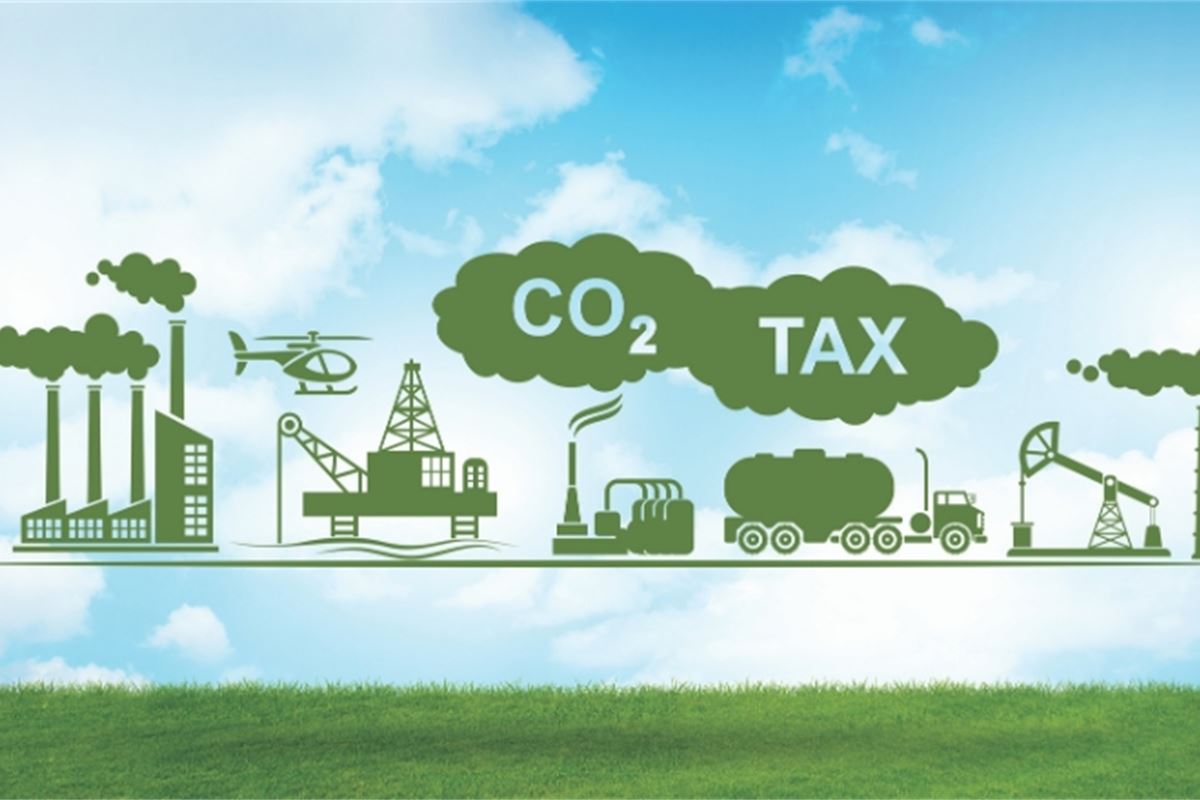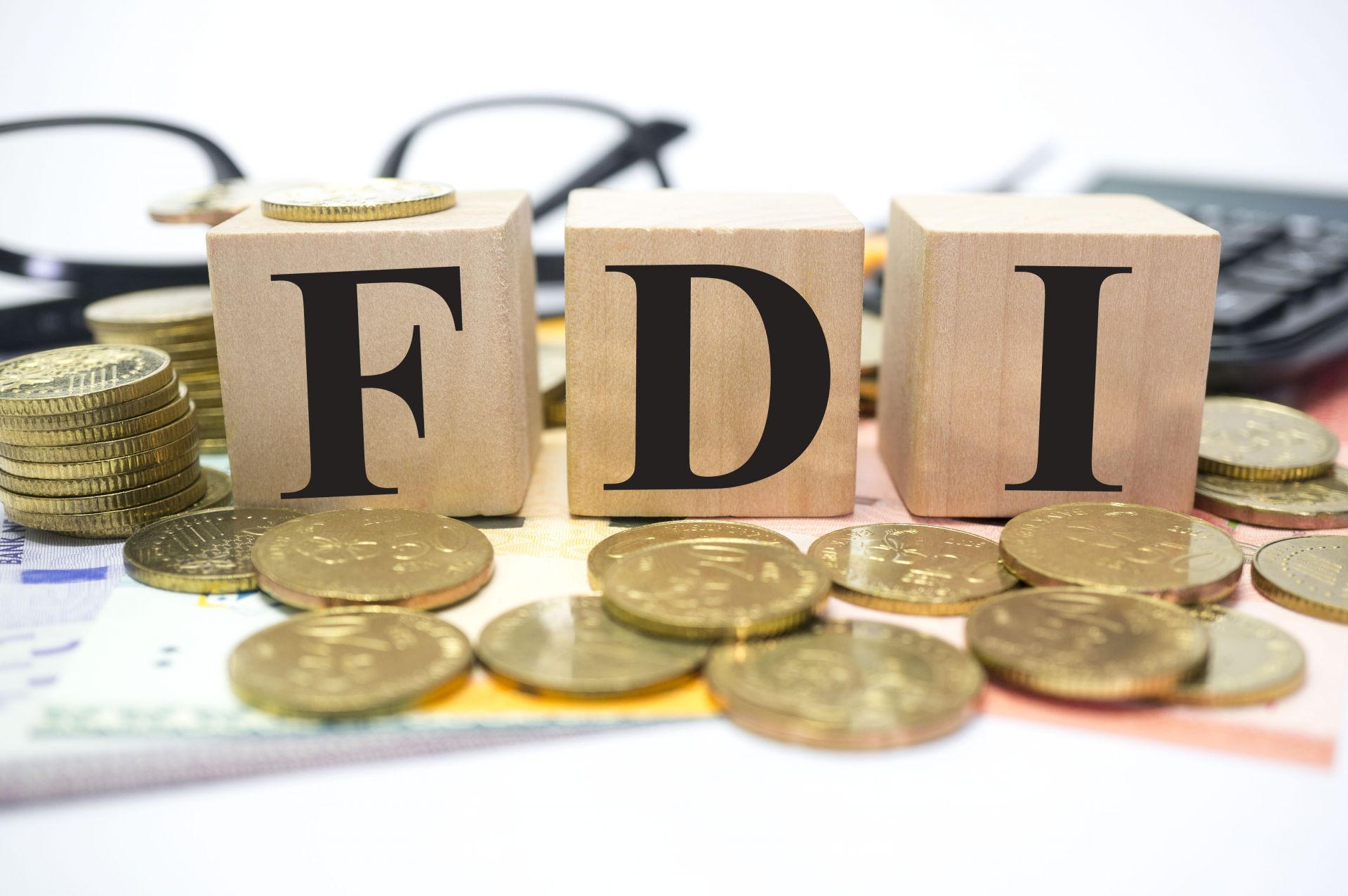How to calculate the current environmental protection tax in Vietnam?

Environmental protection tax, an indirect tax on goods that, when used, causes adverse effects on the environment. Organizations, households, and individuals that produce or import taxable goods all take responsibility for paying environmental protection tax. However, many subjects do not know how to calculate the amount of environmental protection tax they have to pay. So, in this article, LSX legal firm will answer the question: “How to calculate the current environmental protection tax in Vietnam?”
Legal ground
- Law on Environmental Tax 2020
Environmental Protection Tax
Clause 1, Article 2 of the Law on Environmental Protection Tax 2010 defines environmental protection tax as follows:
“Environmental protection tax means indirect-collected tax, collected on products and goods (hereafter referred to as goods) when used to cause negative environmental impacts.”
Subjects of environmental protection tax
Environmental protection taxable subjects include 08 groups of goods. In particular:
1. Gasoline, oil, grease, including:
- Firstly, gasoline, except ethanol;
- Secondly, aircraft fuel;
- Thirdly, diesel oil;
- Fourthly, petroleum;
- Also, fuel oil;
- lubricants;
- Lastly, grease.
2. Coal, including:
- Firstly, lignite;
- Secondly, Anthracite Coal (anthracite);
- Thirdly, Fat coal;
- Also, other coal.
3. Hydrogen-chlorofluorocarbon liquid (HCFC).
4. Taxable plastic bag.
5. Herbicide which restricted from use.
6. Pesticides which restricted from use.
7. Forest product preservatives that restricted from use.
8. Warehouse disinfectant which that restricted from use.
Besides, when it is necessary to supplement other taxable objects as per period, the National Assembly Standing Committee shall consider and regulate.
Formula for calculating environmental protection tax
According to Article 4 of Circular 152/2011/TT-BTC, payable environmental protection tax shall be calculated according to the following formula:
Payable environmental protection tax = Quantity of taxed goods units x Specific tax amount on a goods unit
In order to calculate the payable tax amount, you need to calculate the number of units of taxable goods and the absolute tax rate prescribed by the State. Specifically:
The quantity of taxable goods units:
- Domestically produced goods: The quantity of taxable goods means the number of goods produced for sale, exchange, internal consumption, donation, promotion, or advertisement.
- Imported goods: The quantity of taxable goods means the number of imported goods.
- Goods as mixed fuels containing gasoline, oil, etc: The quantity of taxable goods in a period means the quantity of fossil fuels, petrol, oil, and grease contained in the quantity of mixed fuels imported or produced, sold, exchanged, gifted, or used for internal consumption is converted into a unit of measurement for tax calculation of the respective goods. Determined as follows: Taxable quantity of fossil fuels, oils, and greases = Amount of mixed fuels imported, produced, sold, consumed, exchanged, or donated x Percentage of fossil fuels, oils, and greases within mixed fuel.
- For multi-layer plastic bags manufactured or processed from single film HDPE, LDPE, LLDPE, and other plastic films (PP, PA, …) or other substances such as aluminum, paper… the environmental protection tax determined by the weight percentage of single film HDPE, LDPE, LLDPE contained in multi-layer plastic bags.
Absolute tax rate per unit of goods
| No | Goods | Calculation unit | Tax rate |
| I | Gasoline, oil, grease | ||
| 1 | Gasoline, except ethanol | liter | 1.000-4.000 |
| 2 | aircraft fuel | liter | 1.000-3.000 |
| 3 | diesel oil; | liter | 500-2.000 |
| 4 | Petroleum | liter | 300-2.000 |
| 5 | Fuel oil | liter | 300-2.000 |
| 6 | lubricants | liter | 300-2.000 |
| 7 | Grease | kg | 300-2.000 |
| II | Coal | ||
| 1 | Lignite | Ton | 10.000-30.000 |
| 2 | Anthracite Coal (anthracite) | Ton | 20.000-30.000 |
| 3 | Fat coal | Ton | 10.000-30.000 |
| 4 | Other coal | Ton | 10.000-30.000 |
| III | Hydrogen-chlorofluorocarbon liquid (HCFC). | kg | 1.000-5.000 |
| IV | Taxable-plastic bag | kg | 30.000-50.000 |
| V | Herbicide which is restricted from use | kg | 500-2.000 |
| VI | Pesticide which is restricted from use | kg | 1.000-3.000 |
| VII | Forest product preservative which is restricted from use | kg | 1.000-3.000 |
| VIII | Warehouse disinfectant which is restricted from use | kg | 1.000-3.000 |
Where to pay environmental protection tax?
Article 10 of the Law on Environmental Protection Tax 2010 provides for tax declaration, tax payment, and tax calculation as follows:
“1. The tax declaration, tax calculation, tax payment for environmental protection on goods produced and sold, exchanged, internally consumed, donated shall be made by the month and the provisions of the law on tax administration.
- The tax declaration, tax calculation, and tax payment for environmental protection on imported goods shall be made at the same time as the import tax declaration and tax payment.
- Environmental protection tax is only paid once for goods produced or imported.”
The environmental protection tax refund
Environmental protection taxpayer is paid tax refund in the following cases:
- Firstly, imported goods are still stored in a warehouse, storage at the border gate, and are subject to be supervised by the customs authority for re-export to foreign countries;
- Secondly, imported goods to transport, sell abroad through agents in Vietnam; gasoline, petrol sold for vehicles of foreign firms on the route through Vietnam’s ports or means of Vietnam’s transportation on international transport road under the provisions of law;
- Thirdly, goods temporarily imported for re-export by business mode of temporary import for re-export.
- Fourthly, goods imported by the importer re-exporting to foreign countries;
- Lastly, goods temporarily imported for participation in fairs, exhibitions, and introduction of products in accordance with the law when re-exported to foreign countries.
Legal service of LSX Legal Firm
LSX legal firm provides legal services to clients in various legal areas. To make your case convenient, LSX will perform:
- Legal advice related to new regulations in business suspension;
- Representing in drafting and editing documents;
- We commit the papers to be valid, and legal for use in all cases;
- Represent to submit documents, receive results, and hand them over to customers.
With a team of experienced, reputable, and professional consultants; The firm is always ready to support and work with clients to solve legal difficulties.
Furthermore, using our service, you do not need to do the paperwork yourself, We guarantee to help you prepare documents effectively and legally.
Also, you will not have to waste time preparing the application, submitting application, or receiving results. At those stages, we will help you do it smoothly.
After all, LSX provides the service with the desire that customers can experience it the best way. Additionally, we guarantee the cost to be the most suitable and economical for customers.
Related articles
- What to do in case of trademarks protection title refusal in Vietnam?
- Regulations of Vietnam law in case of winning bid against regulations
- In case the company’s head office address is located in an apartment building in Vietnam
Related questions
The amount of environmental protection tax payable equals the quantity of a unit of dutiable goods multiply the absolute rate specified on a unit of goods.
Taxable-plastic bag means bags; packages are made from polyethylene plastic film unit, its technical name is a porous plastic bag
Absolute tax rate means tax rate prescribed by the amount of money per unit of taxable goods.
Contact LSX
Finally, hope this article is useful for you to answer the question about “How to calculate the current environmental protection tax in Vietnam?”. If you need any further information, please contact LSX Law firm: +84846175333 or Email: [email protected]
Conclusion: So the above is How to calculate the current environmental protection tax in Vietnam?. Hopefully with this article can help you in life, please always follow and read our good articles on the website: lsxlawfirm.com




